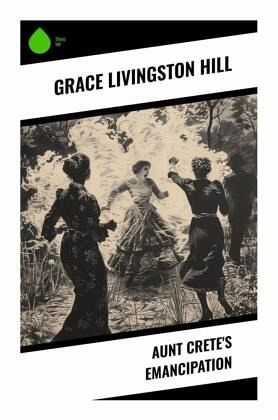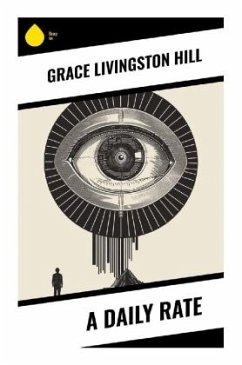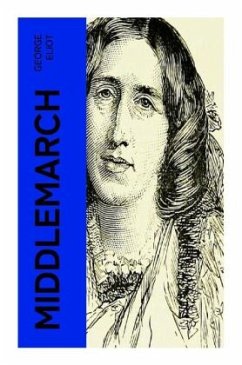
Aunt Crete's Emancipation
Versandkostenfrei!
Versandfertig in 6-10 Tagen
8,10 €
inkl. MwSt.

PAYBACK Punkte
0 °P sammeln!
In "Aunt Crete's Emancipation," Grace Livingston Hill intertwines themes of personal freedom and societal expectations within a tender narrative that reflects early 20th century American values. The novel is characterized by its engaging prose and vivid characterization, exploring the transformation of the titular character, Aunt Crete, as she seeks liberation from the confines of convention and familial duty. Hill's literary style evokes both warmth and nostalgia, showcasing her signature blend of romantic idealism with moral lessons, prevalent in the context of the religious and social movem...
In "Aunt Crete's Emancipation," Grace Livingston Hill intertwines themes of personal freedom and societal expectations within a tender narrative that reflects early 20th century American values. The novel is characterized by its engaging prose and vivid characterization, exploring the transformation of the titular character, Aunt Crete, as she seeks liberation from the confines of convention and familial duty. Hill's literary style evokes both warmth and nostalgia, showcasing her signature blend of romantic idealism with moral lessons, prevalent in the context of the religious and social movements of her time, such as women's suffrage and the quest for personal identity. Grace Livingston Hill, a pioneer of Christian romance fiction, drew upon her own life experiences to craft stories that resonated with the struggles and aspirations of her readers. Growing up in a religious household and witnessing the shifting societal landscape, Hill's narratives reflect her desire to illuminate the importance of faith and personal growth. "Aunt Crete's Emancipation" embodies her commitment to depicting strong female protagonists who challenge the status quo, ultimately offering a reflection of her progressive ideals. Readers seeking a heartwarming tale of emancipation and self-discovery will find in "Aunt Crete's Emancipation" a treasure that not only entertains but also inspires. Hill's ability to weave moral underpinnings with charming storytelling makes this work a compelling addition to any collection, perfect for those who appreciate thoughtful narratives centered on love, faith, and the pursuit of freedom.












